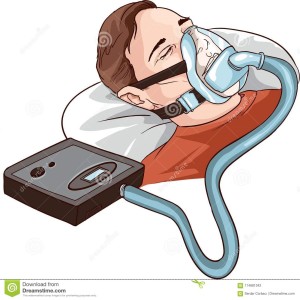DIABETES AND SLEEP:
Or the Lack Thereof!
AVEON HEALTH
Diabetes Experts
You have undoubtedly heard someone say, “Last night I slept like a log – when I woke up this morning I was in the fireplace!” If you have heard that particular comment, chances are pretty good that the person with the great night’s sleep was not a Diabetic. For, with all of the other life changes that Diabetes creates or mandates, the lack of a good night’s sleep is just another part of the tsunami of issues encountered. In fact, poor sleep can even lead to the propensity for Obesity!
There are several ways that Diabetes can affect one’s Sleeping Habits. These include, but are not limited to:
- Certain Symptoms – dizziness, sweatiness, shakiness – can adversely affect your sleep.
- Excessive amounts of Glucose often draws water from the tissues. This results in making you feel dehydrated, which, in turn finds one getting up frequently for sips of water. As a result, your sleep is interrupted.
- Frequent Urination, which is often the result of High Blood Sugar Levels, can cause multiple trips to the bathroom, thus interrupting one’s sleep.
As well as the afore mentioned conditions, there are actually Sleep Disorders that are related to Diabetes. These include, but are not necessarily limited to:
- INSOMNIA – The inability to fall and or stay asleep.
- RESTLESS LEG SYNDROME (RLS) – The desire to constantly move one’s legs. It can include such issues as Thyroid Disorders, High Blood Glucose Levels, and Kidney Problems. If you feel you may have RLS, it is imperative that you contact doctor immediately!
- SLEEP APNEA – Typically found in Type 2 Diabetics, SLEEP APNEA is characterized by having one’s breathing repeatedly stopping and starting. One study showed that 86% of the participants had both Diabetes and SLEEP APNEA!
There is some good news regarding Diabetes and Sleep, however. Following are Tips that should help you improve your night’s sleep!
- “Black Out” your Bedroom – Even ambient light can adversely affect your sleep patterns.
- Change your Diet – By mid-afternoon you should eliminate:
- Caffeine laden Foods and Drinks
- “Heavy” Meals
- Spicy Foods
- Create “White Noise” – Often just having the sound of a fan is enough to improve Sleep.
- Develop a “Sleep Routine” – Though often tempted not to do so on week-ends and holidays, it is best to go to bed and get up at the same time!
- DON’T Smoke!!! – Smokers are four times apt not to feel rested after a night’s sleep than Non-Smokers!
- Hog the Bed – The best prescribed way to do this is to KEEP KIDS AND PETS out of your bed!!!
- Keep Your Bedroom Cool – The National Sleep Foundation (NSF) suggests a temperature around 65 F.
- Make Exercise part of your Daily Routine
Aerobics seem to be especially beneficial!
- Stop Having a “Nightcap!” – Alcohol tends to disrupt brainwaves and sleep patterns! This results in the lack of a good night’s sleep.
- Turn off your “Screens” an Hour Before
Bedtime – According to the NSF, this can run the gamut from TV to Cell Phones, Computers to Video Games. The light they emit stimulates the brain, making it more difficult to “wind down.”
As unbelievable as it may seem, adopting even one or two of these tips will improve your night’s sleep. The key is consistency, so it is important to remember that since it takes twenty one days to create a new habit, we must be persistent when introducing these Life Changes into our routines.
If you, or someone you know, needs help in managing their Diabetes, please call AVEON HEALTH at 480-300-4663 to make an appointment with a member of our staff and allow them to escort you down the path to an improved quality of life for you and your loved ones!
This Blog was written, in great part, with information gleaned from the following sources:
https://www.healthline.com/health/diabetes/diabetes-and-sleep





